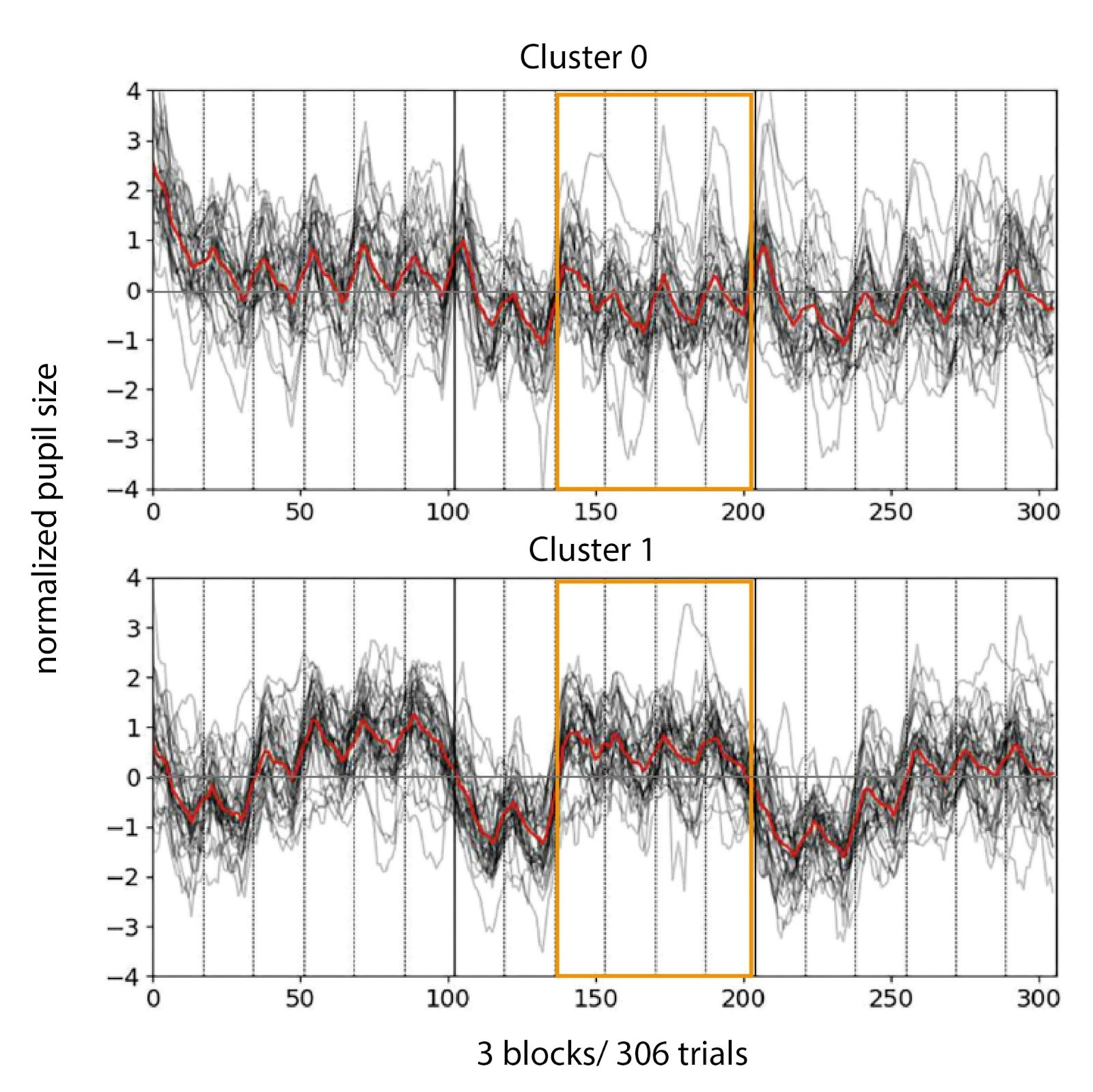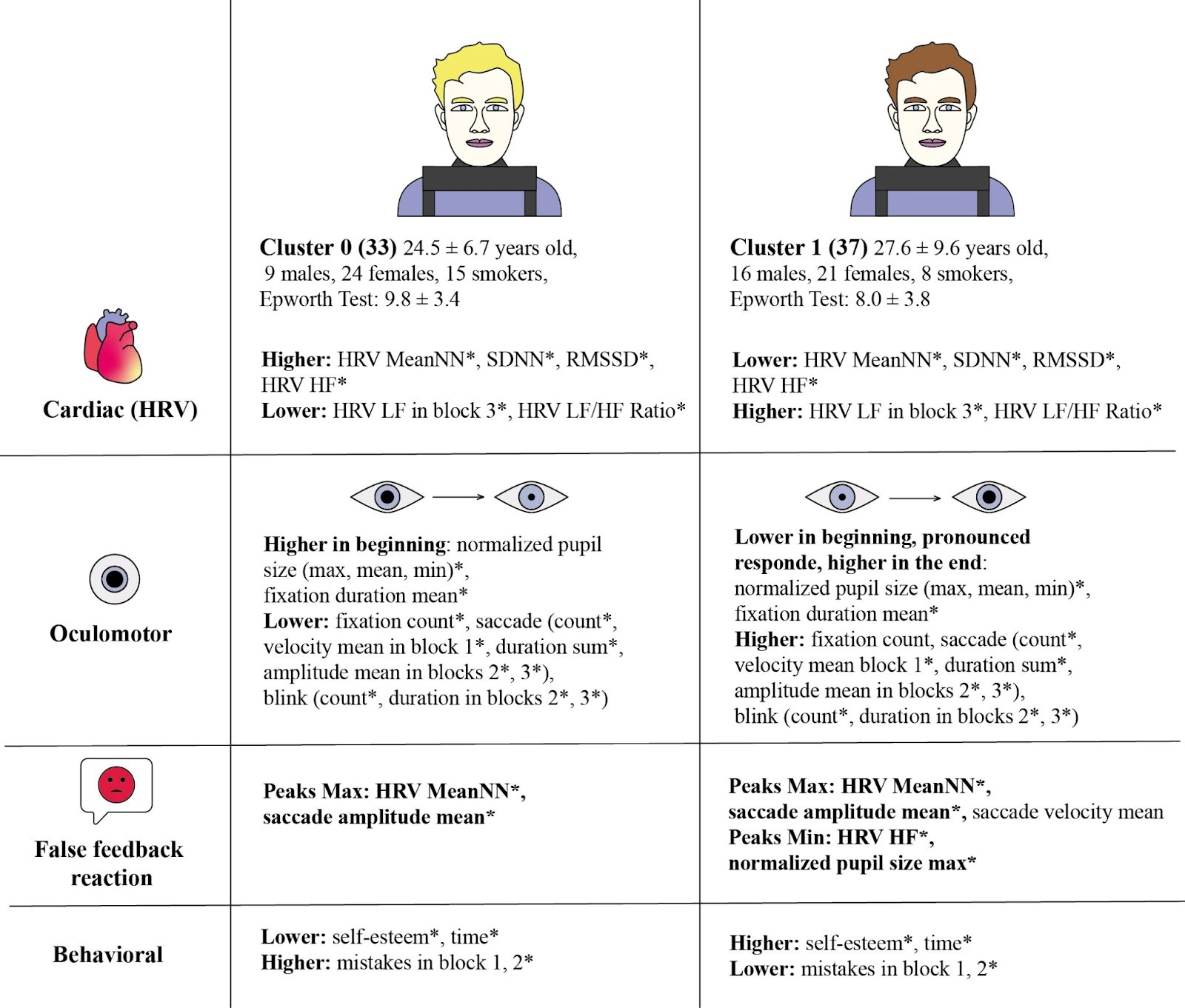Smoking Habit Affects Response to False Feedback

A team of scientists at HSE University, in collaboration with the Institute of Higher Nervous Activity and Neurophysiology of the Russian Academy of Sciences, studied how people respond to deception when under stress and cognitive load. The study revealed that smoking habits interfere with performance on cognitive tasks involving memory and attention and impairs a person’s ability to detect deception. The study findings have been published in Frontiers in Neuroscience.
In today’s world of information overload, one must remain vigilant and quickly adapt to changing circumstances to avoid deception or falling into the trap of fake information. Understanding individuals' ability to cope with stress and detect deception in challenging situations, alongside the related response of their body and brain, has become an important scientific objective today.
A group of researchers at HSE University and the Institute of Higher Nervous Activity and Neurophysiology of the Russian Academy of Sciences analysed people's responses to stress induced by cognitive engagement and examined their ability to detect deception attempts.
Seventy people participated in the experiment, completing memory and attention tasks of increasing complexity. Participants were instructed to view images of coloured balloons and compare each with the preceding one to identify colour matches. As the difficulty level increased, participants had to memorise more balloons and colours. Immediate feedback was provided after each response. Midway through the experiment, participants were given deceptive feedback, such as being told they made a mistake when their answer was actually correct.
Throughout the experiment, the researchers recorded participants' physiological responses and pupil dilation. Pupils respond to changes in the sympathetic ('fight or flight') and parasympathetic (relaxation) systems and are directly linked to cognitive processes; during cognitive stress, pupils dilate. Machine learning algorithms were used to classify participants into two clusters based on how their pupils reacted to increasingly complex tasks.

Next, the authors used machine learning to analyse a variety of physiological and behavioural parameters to identify differences between the two clusters of participants. The analysis considered individual data on health, the presence of chronic conditions, lifestyle factors, harmful habits (including smoking), and tendencies toward depression and anxiety disorders. During task performance, participants had their heart rate, skin conductance, and breathing monitored as polygraph parameters. In addition, the analysis included the speed of task completion, the number of errors made, and participants' self-esteem levels after completing the experiment.

Evgeniia Alshanskaia
'We were the first to employ dynamic pupillometry, which measures pupil dilation, to simultaneously analyse a wide range of physiological and neurological parameters, along with psychological factors. Changes in pupil size directly indicate how a person adapts to a stressful situation, revealing when they are relaxed and when they are mobilised. Thanks to advanced technology, we were able to process the entire dataset and identify patterns that would have been impossible to detect manually,' according to Evgeniia Alshanskaia, co-author of the study and Junior Research Fellow at the Institute for Cognitive Neuroscience.
The researchers obtained interesting results: in one of the clusters, participants exhibited a less pronounced response to stress, along with differing heart rate parameters and oculomotor behaviour, compared to the other cluster. At the same time, the former cluster answered the questions more quickly but made more mistakes, resulting in a lower self-assessment of their performance. This cluster included a higher number of smokers and individuals prone to excessive daytime sleepiness. These two parameters were found to differ significantly between the two clusters of participants. The researchers attribute the differences to the effects of nicotine on the body.

'Nicotine affects acetylcholine receptors throughout the body and the brain. Acetylcholine is the first neurotransmitter ever discovered. It helps control muscle movement, regulates heartbeat and breathing, and modulates pupil response, while also playing a crucial role in cognitive processes. It affects how we respond to and process information. When a person smokes, nicotine “tricks” these receptors into functioning improperly. On one hand, nicotine induces a relaxed state; on the other hand, it alters the connection between the brain and the body, making it more difficult to respond appropriately to stressful situations. Attention does not require relaxation and calmness; instead, it relies on optimal levels of stress and alertness,' explains Alshanskaia.
According to the authors, daytime sleepiness may also be linked to the exposure of nicotinic acetylcholine receptors to nicotine. These receptors regulate the activation and inhibition of neurons, modulate dopamine release, and influence the functions of the dorsolateral prefrontal cortex, which is responsible for planning and executive functions. 'Acetylcholine and its receptors represent one of the most significant areas of contemporary neurobiological research,' the authors emphasise.
The study's findings further highlight the serious impact of smoking on human health. These findings are also important for developing individualised strategies to enhance cognitive resilience under conditions of stress and information overload. Additionally, they can be valuable for educational purposes and learning tasks, as they contribute to a better understanding of the optimal levels of stress and cognitive load necessary for successful learning, performance, and resilience in an unpredictable world.

